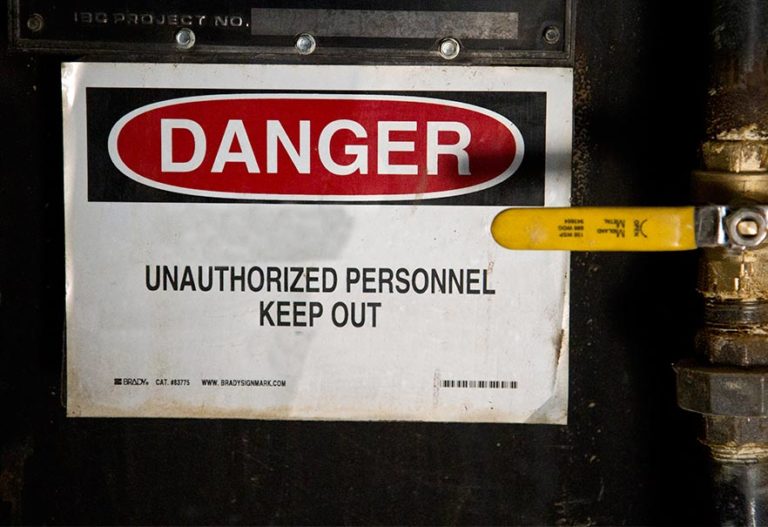The building materials industry is beginning to embrace new technologies. Forward-thinking managers realize the potential of mobile devices and cloud-based solutions.
But updating a business is more complicated than buying tablets for everyone. As a recent article in Harvard Business Review explains, “Becoming a true digital organization is not just about becoming tech-savvy. It means embracing a new culture and mindset.” Managers who want to lead a digital revolution must make sure they bring the rest of the company with them.
For all its benefits, modernizing a business imposes stress on the people in the organization. If employees rely on phone calls, faxes and notepads, replacing those things with modern alternatives will completely disrupt their world.
For example, CRM systems make sales reps more effective by giving them one place to manage information. But for reps used to tracking appointments in an Outlook calendar, writing product lists in a notebook, and posting reminders on Post-its, a CRM unravels their entire system. They have to perform their job with an unfamiliar tool. Tasks that took five seconds now take five minutes. The fact that the CRM will eventually make them more efficient doesn’t make the transition any less painful.
Managers who want to successfully implement new technologies need to do more than provide training. They have to help employees change their default responses. People should automatically reach for their computer or tablet instead of their phone or pen. And as the same HBR article observes, “Managers and employees will need to navigate the digital frontier together, and this requires a new set of leadership skills.”
Leading a change is different from leading a department. Managers can’t shove their team through the process or get results via sheer force of will. Instead, they need to encourage, support and reward, so employees want to adopt the new technology. The following strategies can help ease a transition.
Clarify the benefits While management may be thinking about the cost-savings of new accounting software, employees are thinking about how much faster it would be to just make a phone call. Managers should talk with their teams about benefits that are both tangible and relevant to them. Give specific examples of tasks that will be easier or busy-work that will be eliminated once people are comfortable with the new resource.
Reward achievement Reinforce the idea that success is possible by celebrating progress. For example, give a prize to the sales rep who registers the most customers on the new web portal, or have a pizza party three months after implementing new software. Identify milestones and track progress in a visible way, such as a chart in the break room.
Be patient Changing behavior is difficult, especially behavior developed over a long period of time. Employees may have been doing their job a certain way for 10-15 years. It’s not realistic or fair to expect them to be equally proficient in the new processes after a few months. When someone hits a significant roadblock, find additional resources alternative methods to help them.
Transforming an organization is more than upgrading infrastructure. The people in that organization must transform as well. People are understandably excited about the possibilities that technology offers. But modernizing a business can’t be a one-man crusade. Managers who focus on the collective success of their team achieve better results than those focused on a personal vision of the future.
Kerry Blusys is a senior account manager for DMSi with over 25 years of experience in the building materials industry.

